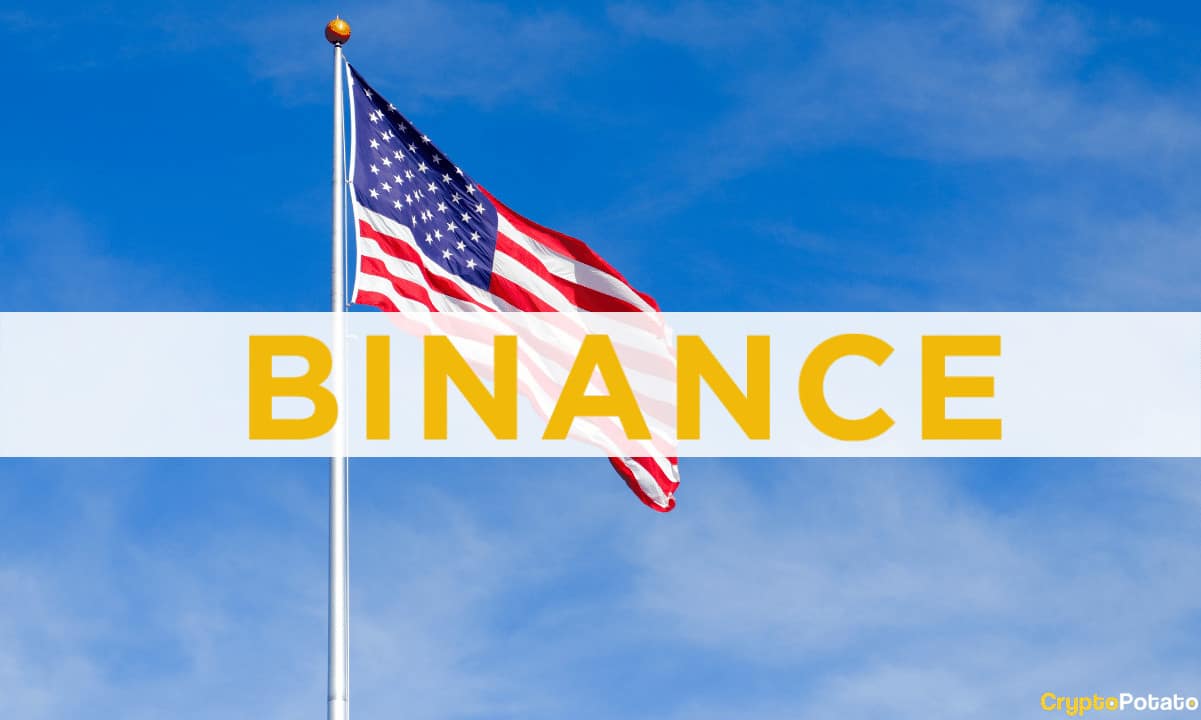

Binance’s American entity, Binance.US, has officially informed its customers that their digital assets held on the exchange are no longer Federal Deposit Insurance Corporation (FDIC) insured.
This change follows a previous advisory from the US agency, alerting individuals to the fact that funds placed with financial service providers dealing in cryptocurrency do not fall under the protection of FDIC insurance.
Binance.US Crypto Assets Lose FDIC Coverage
Binance.US has notified its customers that the Federal FDIC no longer insures their crypto assets. The notification was delivered via an email stating that the US arm of Binance has changed the language regarding deposit insurance in its terms of service, citing an update to the firm’s terms of service guided by the FDIC.
The development comes after the crypto exchange had initially announced FDIC insurance for its users’ accounts, assuring them that their funds were secure up to $250,000. However, as stated in a now-deleted 2019 blog post, this assurance is no longer in effect.
The updated terms of service explicitly state, “Your accounts and digital assets are not eligible for FDIC insurance protections.”
Moreover, the change brings with it a significant operational shift for users. Binance.US now requires customers to convert their US dollars into stablecoins or another cryptocurrency before being able to withdraw funds, marking a noteworthy adjustment in the exchange’s withdrawal procedures.
FDIC Issues Warning to Crypto Users
This development follows a recent warning from the FDIC cautioning individuals that funds deposited with “crypto-based financial services providers” are not FDIC-insured or protected. The agency emphasized that, in the event of any issues, the government is not obligated to step in and assist in recovering crypto-related losses.
In a related case, the Federal Trade Commission (FTC) charged Stephen Ehrlich, the former CEO of the now-collapsed crypto broker Voyager Digital, with falsely claiming that customer accounts were FDIC-insured.
Contrary to its assertions, Voyager never had the protection of being an FDIC-insured bank. This resulted in its customers facing financial losses when Voyager ultimately collapsed and declared bankruptcy. The Commodities and Futures Trading Commission (CFTC) also accused Ehrlich of fraud and registration failures, further highlighting the crypto industry’s regulatory challenges.
Binance Free $100 (Exclusive): Use this link to register and receive $100 free and 10% off fees on Binance Futures first month (terms).
PrimeXBT Special Offer: Use this link to register & enter CRYPTOPOTATO50 code to receive up to $7,000 on your deposits.
The post appeared first on CryptoPotato






